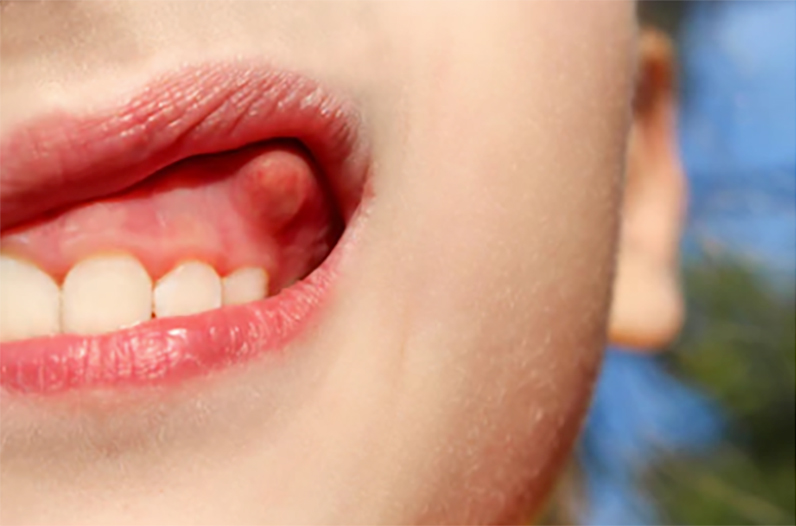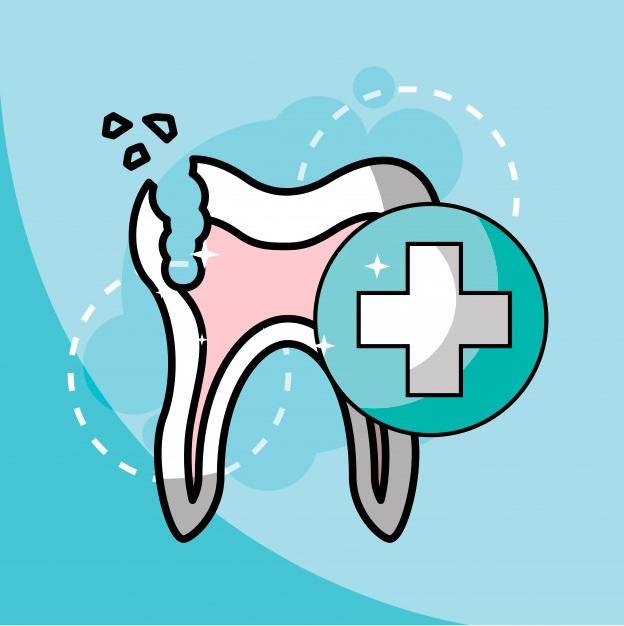It is easy to think that brushing your teeth regularly would be sufficient to keep…

Which dental emergencies you can’t ignore (and what happens if you do)
Let’s start by admitting a few facts. Firstly, going to the dentist is scary. Yes, we do have sedation and it numbs the tooth we work on, but merely having your mouth wide open for 40 – 50 minutes and feeling like your jaw is about to fall off is scary enough. Secondly, going to the dentist is hard to arrange; between going to work and rushing to pick up the kids from school, finding that time to go to the dentist feels impossible (especially when you worry that you might end up waiting at reception for more than 10 minutes). And lastly, going to the dentist is expensive. We get it, the charges are salty and there’s no denying it.
A bump on your gums (dental abscess)

A dental abscess is perhaps one of the most unpleasant experiences you can have. It is a sign of a severe dental infection located at the root of the tooth or worse – inside the jaw bone. The problem with a dental abscess is that regardless of what you do – it will not go away. The pain that comes with it tends to intensify with time until it becomes a throbbing, unbearable sensation that causes severe headache and back pain.
A dental abscess usually forms when a food particle makes its way under the gums and creates an infection with the bacteria that it carries. Since the location is oxygen-deprived, it is perfect for the development of the inflammation.
We’ve said this before, but it should be repeated – a dental abscess is not going to go away on its own. If left untreated for an extended time, not only will the pain become debilitating, but it may lead to a series of problems, including an overall body infection, a jaw bone infection, fascial swelling, and bone loss. The more progressed the condition is, the higher the likelihood of needing antibiotics to treat is, requiring an extensive root canal treatment, and in the case of a jaw bone infection – even an oral surgery.
A loose tooth
If you’ve suffered a dental trauma and a tooth has become loose, some will be prone to ignoring the condition if there’s no pain involved. Do not neglect your health – a loose tooth may not be painful for the first few hours or even days after the trauma, but in all likelihood there has been a damage to nerves. Not having it seen by a dentist may mean severe or even irreversible damage to the nerves of this tooth and perhaps even the need of extraction. A timely visit to your dentist can spare you a lot of pain and frankly, quite a few pounds.
Soft-tissue trauma
Most people don’t realise the severity of a problem if your gums have suffered a trauma. With age and some life choices, our gums become less and less capable of handling the constant bacteria attacks from food and drinks, and even a minor incident can quickly develop into a serious problem requiring lengthy and unpleasant treatment.
Broken/cracked tooth

While some minor cracks of a millimetre are truly unlikely to cause trouble (except the unpleasant experience of having sharp edges of the damaged tooth), more serious crack of the tooth may expose the nerves. Not only will this condition make the tooth exceptionally sensitive, but it can also lead to the damaging of the nerves and the need for a root canal or extraction.


